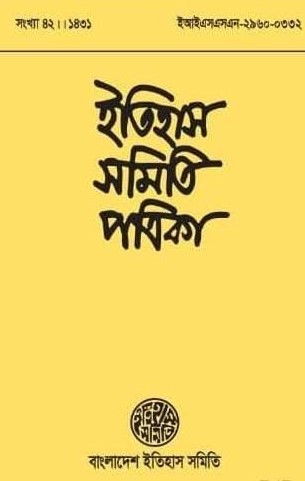ঔপনিবেশিক বাংলার বাবু শ্রেণি: সামাজিক গতিশীলতা, ক্ষমতা ও পরিচয়ের নতুন রূপ

ঔপনিবেশিক বাংলার বাবু শ্রেণি: সামাজিক গতিশীলতা, ক্ষমতা ও পরিচয়ের নতুন রূপ
ফোরকান আহমেদ
প্রভাষক, ইতিহাস বিভাগ, ঢাকা বিশ্ববিদ্যালয়
DOI:https://doi.org/10.59815/isp.vol4213
Abstract: Following the establishment of the East India Company’s colonial rule in Bengal, Kolkata emerged as the central hub for trade, commerce, education, and administration. The socio-economic transformations induced by colonial policies, such as the Permanent Settlement and the spread of English education, prompted a significant migration of people to the city in search of better financial opportunities, resulting in widespread social mobility. From this shifting in social structure, a new elite class, known as the Babu, emerged. The Babu class represented a unique amalgamation of Western education, economic prosperity and cultural reformation, and played a pivotal role in shaping the cultural, economic, and social spheres of Bengal. Their rise was deeply rooted in the power dynamics of colonial rule, where they consolidated their status through both economic control and cultural influence. Many researchers and literary figures have conducted studies on Kolkata and the Babu class. Most of these studies have focused on the culture of the Babus, often interpreting it negatively and emphasizing their indulgence in luxury. This study aims to address this gap. In addition to analyzing their cultural and ideological framework, this article will explore the rise of the Babu class as part of social mobility. Their dual role as agents of modernization and enforcers of colonial power highlights the complexities of social mobility and elite formation in colonial Bengal.
Key Words: Babu Class, Social Mobility, English Education, Cultural Reformation, Elite Theory.
VIEW FULL ARTICLES


